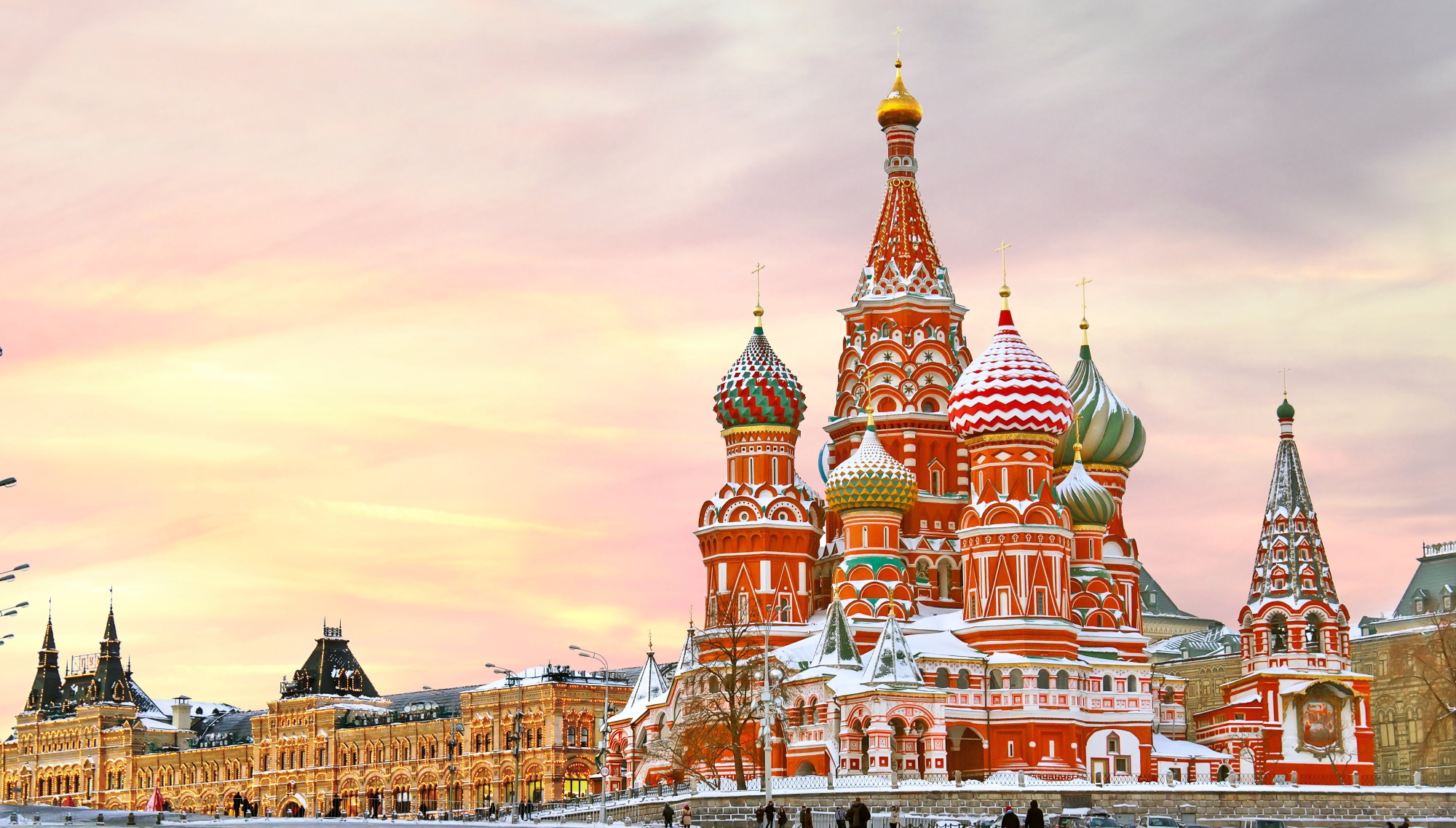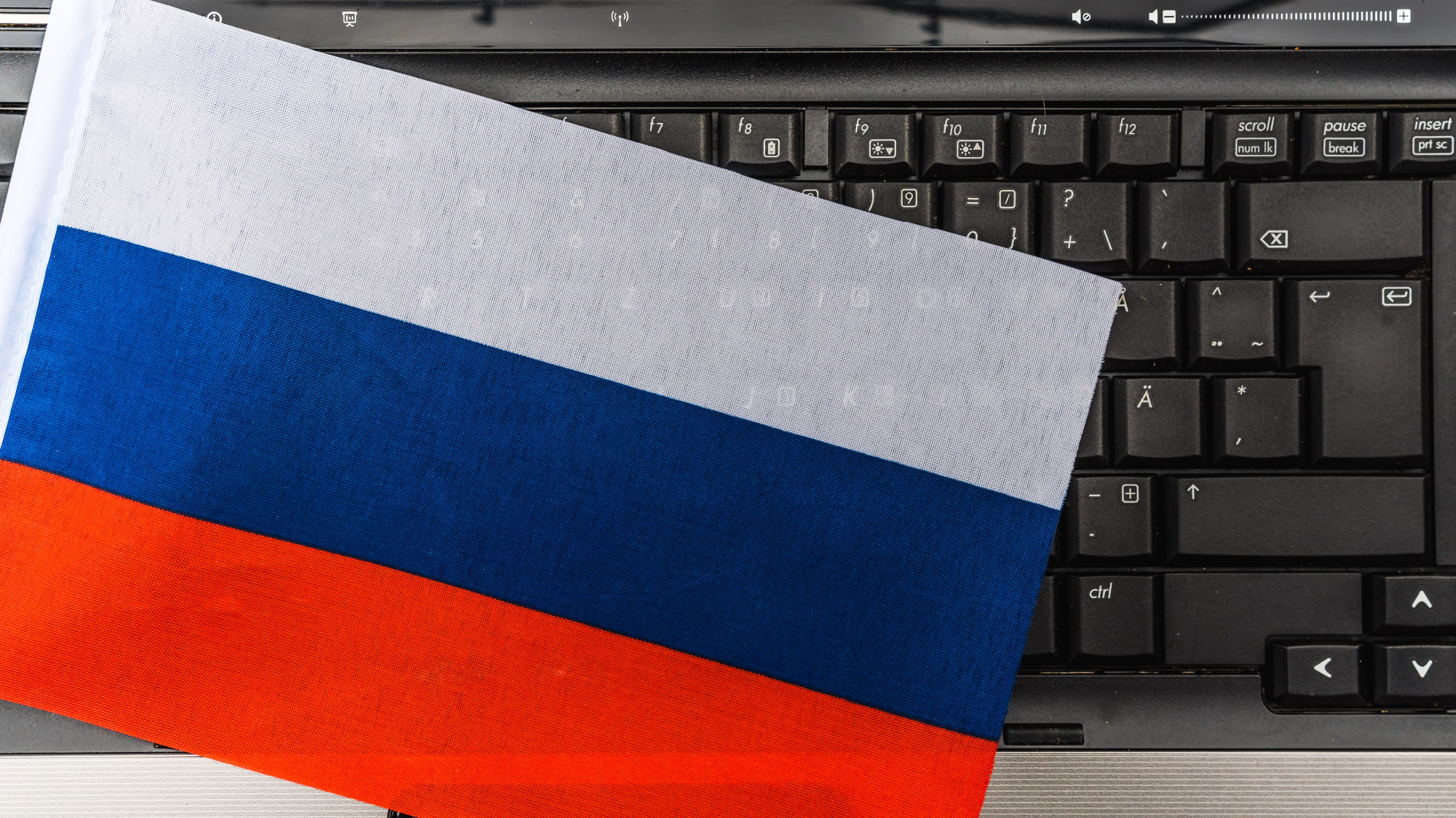Are VPNs legal in Russia?
We have the answers for citizens and visitors

Sign up for breaking news, reviews, opinion, top tech deals, and more.
You are now subscribed
Your newsletter sign-up was successful
A virtual private network (VPN) is a connection between your computer and a remote computer.
VPN services are popular in countries like Russia, which block certain online content and eavesdrop on internet traffic. That's because the connection is encrypted, and so anyone snooping on your connection won’t be able to tell what you’re doing online.
But is it legal to use a VPN in Russia?
- See also: today's list of the most private VPNs with no logs
Why use a VPN?
People use VPNs for a variety of reasons. They’re quite popular in business because companies can use one to let their remote employees securely access company resources. Personal users can use VPNs to post anonymously online, access content that the government has blocked, and use VPNs for torrenting to share files using services like BitTorrent. VPNs are also used to stream geo-blocked content from another country (e.g. watch BBC iPlayer content from within the United States).
But perhaps, the most important thing about using a VPN is that it helps you stay anonymous online. Just about everything you do online leaves a mark in the form of your IP address, a unique identifier that can be used to trace who you are from your online activities. But when you connect to the internet through a VPN, your true IP address is hidden.

Russian laws on VPNs
Russian laws on online activities are particularly stringent, with online messaging apps registered in Russia banned from offering anonymous accounts. Russia's System of Operational-Investigatory Measures requires all ISPs to use hardware provided by the Federal Security Service, which allows the agency to monitor all users’ web browsing, email traffic, and phone calls. And Russia bans certain websites, too.
In 2017, the Russian government introduced a law banning the use of VPNs to access blocked content. However, the law does not prohibit the use of VPNs; it only prohibits the use of the software to view content that’s blocked in the country. Russia also began blocking the URLs of VPN services that allowed access to blocked content, making it harder to use some of the most popular VPN services from within Russia.
So it is legal to use a VPN in Russia, as long as you don’t use it to access sites that the government blocks. Of course, any illegal activities, such as downloading copyrighted content, remain illegal even if you use a VPN.
Are VPNs legal in Russia?
While Russia has cracked down on the use of VPNs - including blocking certain VPN services that don’t blacklist sites upon request - using a VPN for business purposes is not a crime in Russia.
However, it is a crime to use a VPN to access content blocked by the government. It’s also difficult to find a VPN that works from within Russia, but many businesses and individuals in Russia successfully use VPNs daily for better privacy, security, and anonymity.
Read more:
- Skip to the chase - these are the very best VPNs
- Try before you buy thanks to a VPN with free trial
- ExpressVPN vs NordVPN: compare two of the game's biggest players
Sign up for breaking news, reviews, opinion, top tech deals, and more.
Richard brings over 20 years of website development, SEO, and marketing to the table. A graduate in Computer Science, Richard has lectured in Java programming and has built software for companies including Samsung and ASDA. Now, he writes for TechRadar, Tom's Guide, PC Gamer, and Creative Bloq.
